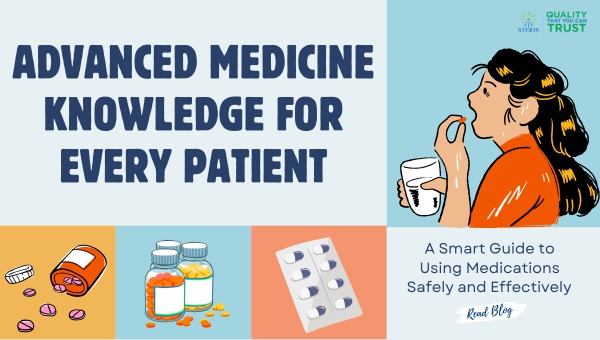Advanced Medicine Knowledge Every Patient Should Know - A Smart Guide to Using Medications Safely and Effectively
Aug 12, 2025
Introduction
Medicines have the power to treat, control, and sometimes even cure illnesses — but only when used correctly. With so many people taking multiple medications, it’s important to understand more than just when and how to take a pill.
Whether you’re managing a long-term condition like diabetes or just taking antibiotics for a short-term infection, having the right knowledge about your medications helps you get the best results while avoiding side effects or mistakes.
1. How Medicines Work in Your Body
When you take a medicine, it goes through four steps in your body
-
Absorption – how it gets into your blood (from your stomach or skin, for example)
-
Distribution – how it spreads to where it’s needed
-
Metabolism – how your body breaks it down, usually in the liver
-
Excretion – how it leaves your body, usually through your urine
Not everyone processes medicine the same way. Age, liver or kidney problems, other medications, and even your genes can affect how well a medicine works or how safe it is for you.
Example: If your kidneys aren’t working well, certain medicines (like painkillers or antibiotics) can build up in your body and cause harm unless the dose is adjusted.
2. What is a Side Effect and What’s an Emergency?
Side effects are unwanted effects of a medicine. Most are mild — like a dry mouth or feeling sleepy — and go away on their own.
But some side effects need urgent attention, such as
-
Difficulty breathing
-
Swelling of the face or throat
-
Chest pain
-
High fever or a serious rash
If you feel anything unusual after starting a new medicine, don’t ignore it. Call your doctor or go to the emergency room if it feels serious.
3. The Problem with Taking Too Many Medicines (Polypharmacy)
If you’re taking 5 or more medicines regularly, especially for chronic conditions like heart disease, blood pressure, or arthritis, you may be at risk for:
-
Drug interactions (medicines affecting each other’s work)
-
More side effects
-
Confusion about when to take what
-
Higher medical costs
Tip: Once or twice a year, ask your doctor or pharmacist to review all your medicines. Sometimes, you may be able to stop or switch a few.
4. The Importance of Taking Medicines Exactly as Prescribed
Many people stop taking their medicines early — especially if they start feeling better. But this can be dangerous. For example:
-
Stopping antibiotics early can lead to resistance and make the infection come back stronger.
-
Skipping blood pressure pills can silently increase your risk of stroke or heart attack.
To stay on track
-
Use a pill organizer
-
Set reminders on your phone
-
Ask your doctor if there's a once-a-day version available
5. Not All Medicines Work the Same for Everyone
Some medicines don’t work as well — or can even cause harm — based on your:
-
Age
-
Weight
-
Kidney or liver function
-
Other medicines you’re taking
-
Genetic makeup
This is why two people taking the same medicine may have different results or side effects.
Example: A blood thinner like warfarin may need to be carefully adjusted for some people to avoid bleeding.
6. Generic vs. Brand Name Medicines – Are They the Same?
Yes — generic medicines are just as safe and effective as brand-name ones. They have the same active ingredient, dose, and strength, but are usually much cheaper.
Tip: If your doctor prescribes a brand name, you can ask if there’s a generic version available to save money.
7. Be Careful with Herbal or Over-the-Counter Medicines
Just because something is “natural” doesn’t mean it’s always safe. Herbal supplements, Ayurvedic products, and even over-the-counter drugs (like cough syrups or pain relievers) can:
-
Interact with your regular medicines
-
Affect your liver or kidney
-
Cause allergies or side effects
Always inform your doctor about everything you're taking — even vitamins.
8. Medicine Safety in Special Situations
Children
-
Always use the correct dose — never guess!
-
Use a measuring spoon or syringe — not a regular kitchen spoon.
Elderly
-
More sensitive to medicine
-
Higher risk of confusion, falls, and side effects
Pregnant or Breastfeeding Women
-
Never take any medicine without checking with your doctor.
-
Some medicines can harm the baby even early in pregnancy.
9. Report Any Problems with Medicines
If you think a medicine made you sick, report it to your doctor, pharmacist, or a health authority. This helps improve medicine safety for everyone.
Some countries also have official websites where patients can report side effects (like India’s PvPI or US FDA’s MedWatch).
10. Tips for Storing and Using Medicines Safely
-
Keep medicines in a cool, dry place — unless the label says to refrigerate.
-
Keep out of reach of children and pets.
-
Don’t use expired medicines — they can be less effective or even dangerous.
-
Don’t share your medicines with others — even if symptoms seem similar.
Final Thoughts: Be an Informed Patient
Medicines can do amazing things — but only when used wisely. The more you understand about your treatment, the better your chances of recovery and long-term health. Ask questions. Read labels. Follow instructions. And never hesitate to talk to your doctor or pharmacist if something doesn’t feel right.
About Steris Healthcare Pvt Ltd
At Steris Healthcare Pvt Ltd, we believe that knowledge is just as important as medicine itself. We’re committed to making high-quality, affordable, and safe medications, while also promoting the responsible use of drugs through education and patient support.With a strong foundation in research, safety, and innovation, Steris Healthcare stands as a trusted partner in improving lives — one patient, one treatment, one solution at a time.
Steris Healthcare Pvt Ltd – Where science meets care.
Recent Post
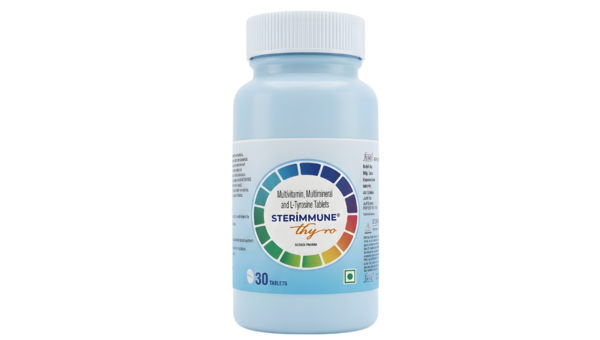
Why Multivitamin and Multimineral Tablets Are Essential for Daily Health and Energy Support.
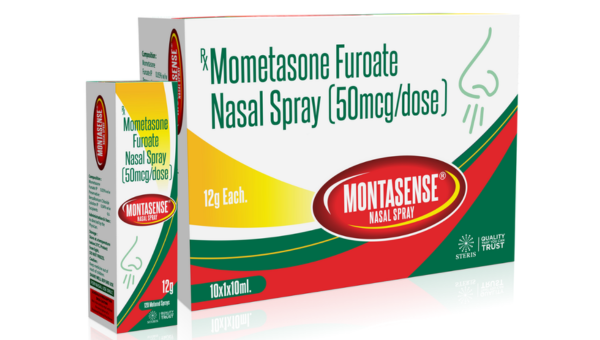
Mometasone Nasal Spray : A Trusted Solution for Daily Allergy Relief

Sitagliptin 100 mg, Metformin SR 500 mg & Pioglitazone 15 mg in Triple Diabetes Therapy
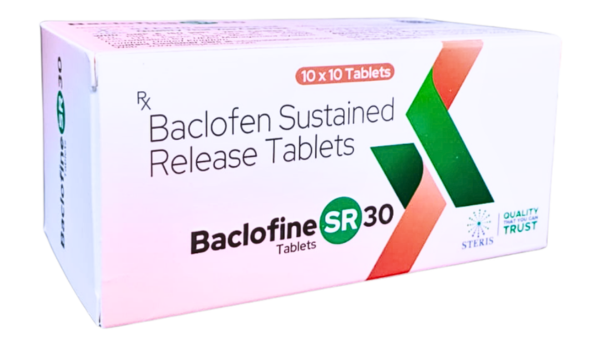
Baclofen Sustained Release 30 mg: Benefits, Uses, and Safety Tips

EUROSOFT Light Moist Cream: The Secret to Daily Hydration and Soft Glowing Skin
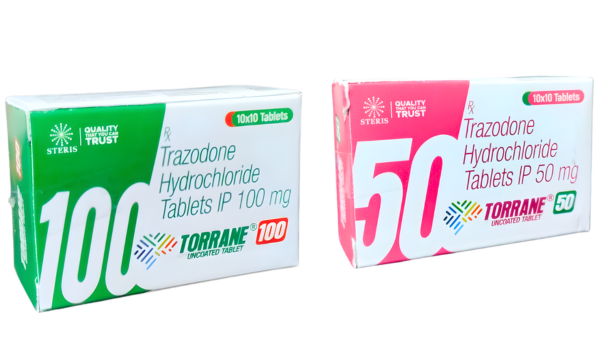
Trazodone Hydrochloride 50 mg & 100 mg – Effective Relief for Depression, Anxiety & Sleep Issues
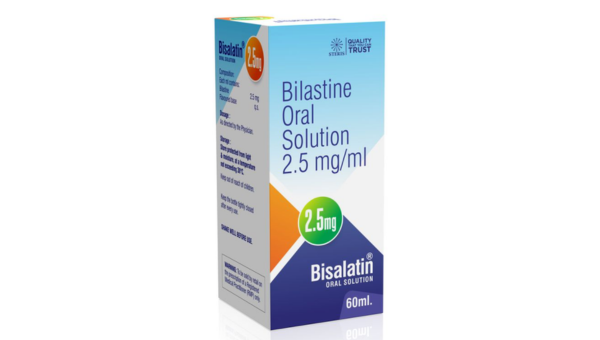
Bilastine 2.5mg Oral Solution – Pediatric Allergy Relief Syrup
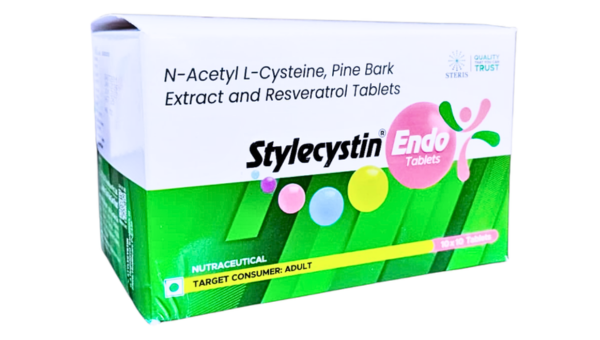
N-Acetyl L-Cysteine (NAC), Pine Bark Extract & Resveratrol Tablets: Ingredients and Health Benefits
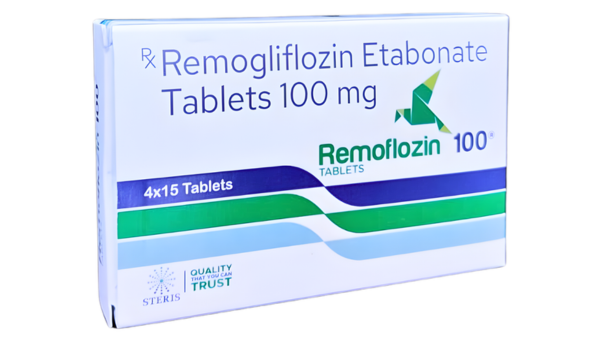
Remogliflozin Etabonate 100 mg: Benefits, Uses & Safety Guide
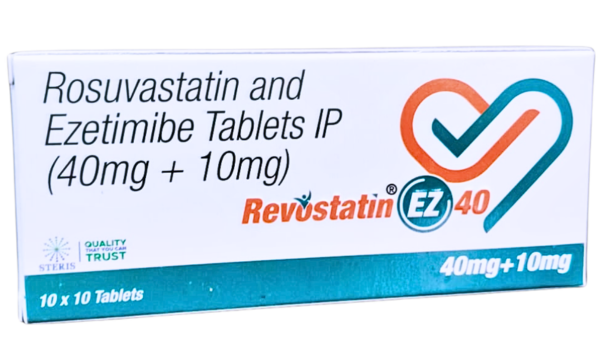
Rosuvastatin 40mg & Ezetimibe 10mg: Effective Support for Healthy Cholesterol

